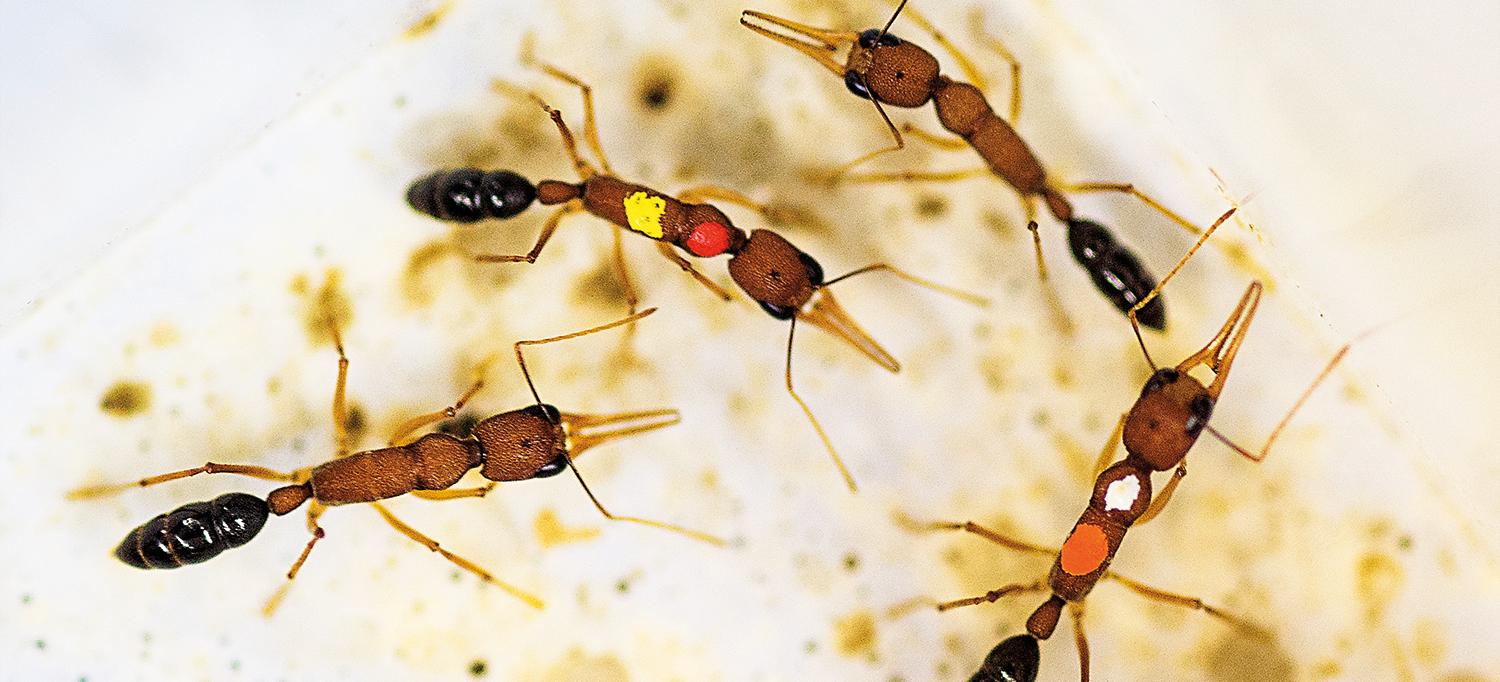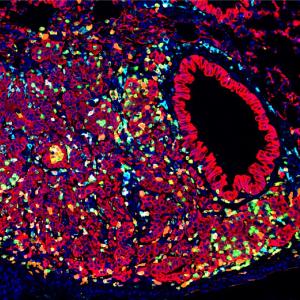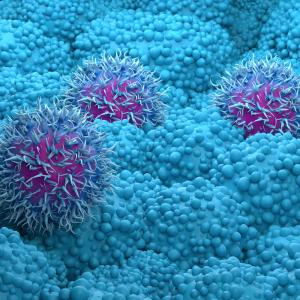
Photo: Joshua Bright
Ants genetically engineered to lack their “sense of smell” became unable to communicate, forage, or compete to be a queen, as their antennae and brain circuits failed to fully develop. This is the finding of a study published online August 10 in the journal Cell.
“We found that a species of ant may be the first model to enable in-depth functional analysis of genes that regulate social interaction in a complex society,” corresponding study author Danny Reinberg, PhD, the Terry and Mel Karmazin Professor of Biochemistry and Molecular Biology in the Department of Biochemistry and Molecular Pharmacology at NYU Langone Health, tells Discover.
While ant behavior does not directly extend to humans, the authors argue that their believe that this work promises to advance the understanding of social communication, with the potential to shape the design of future research into disorders like schizophrenia, depression, or autism that interfere with it,” says corresponding author Claude Desplan, PhD, professor in the Department of Neuroscience and Physiology.
Read more from Discover.

